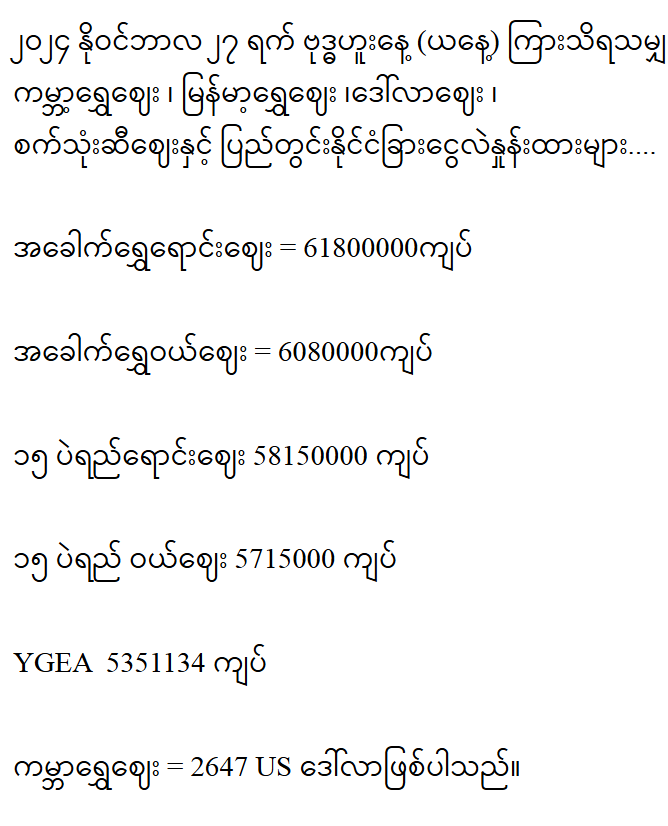
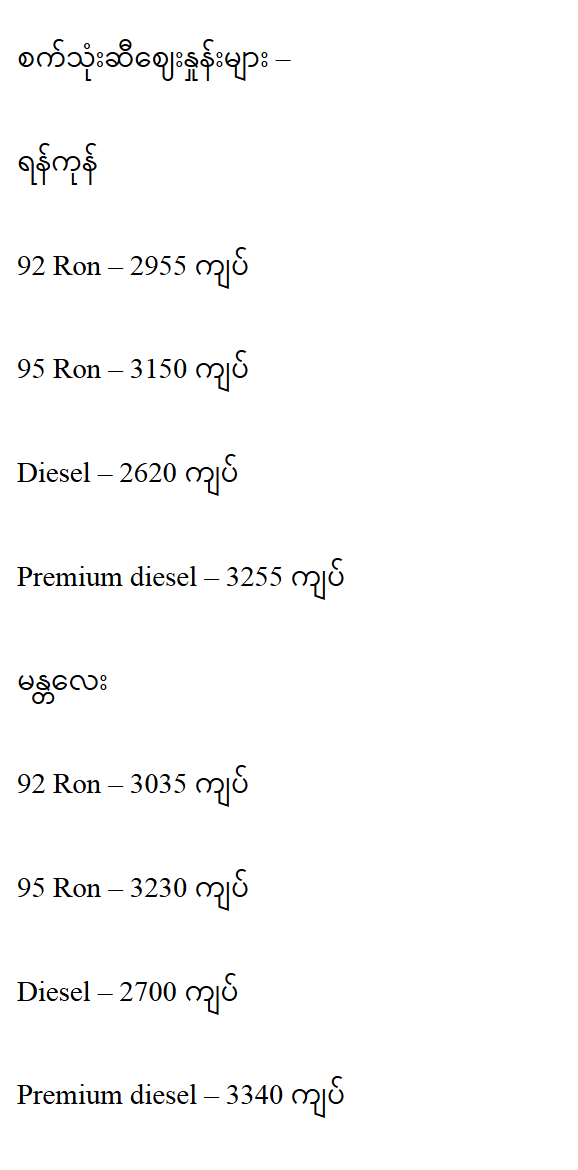
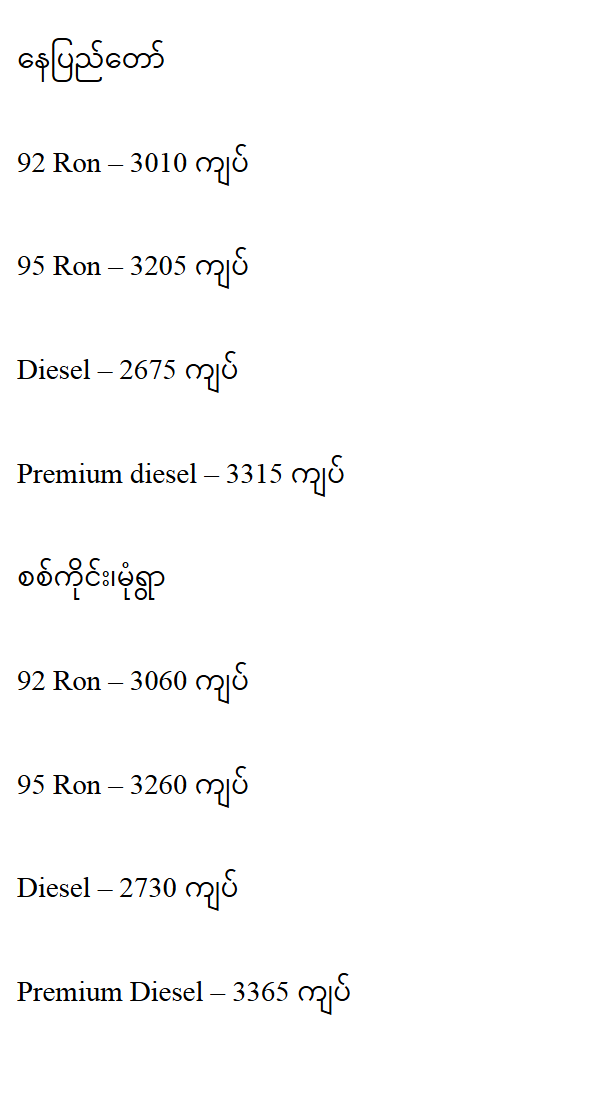
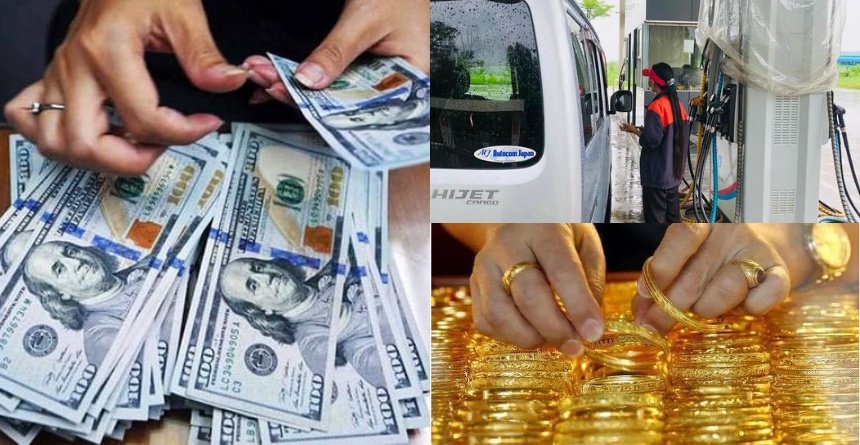
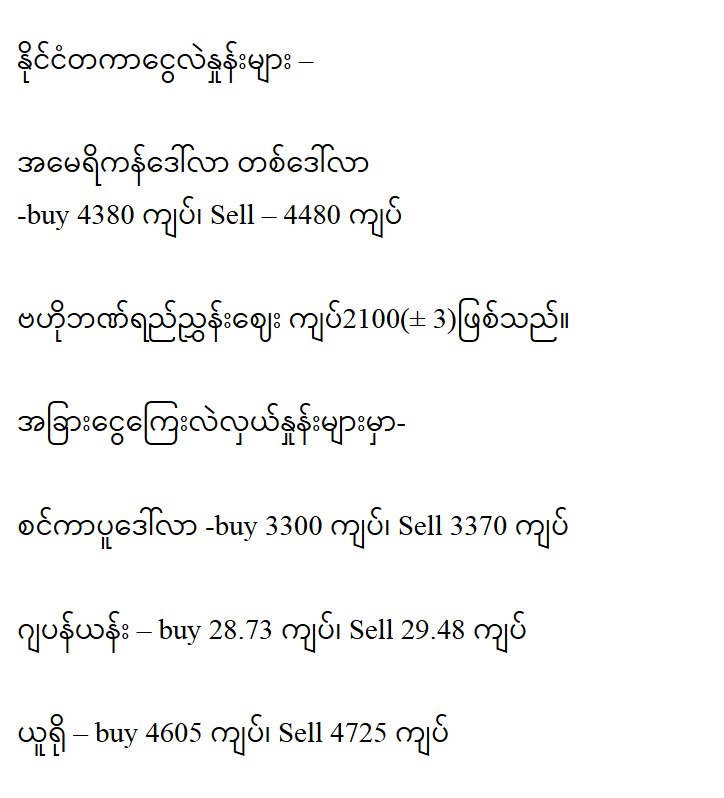
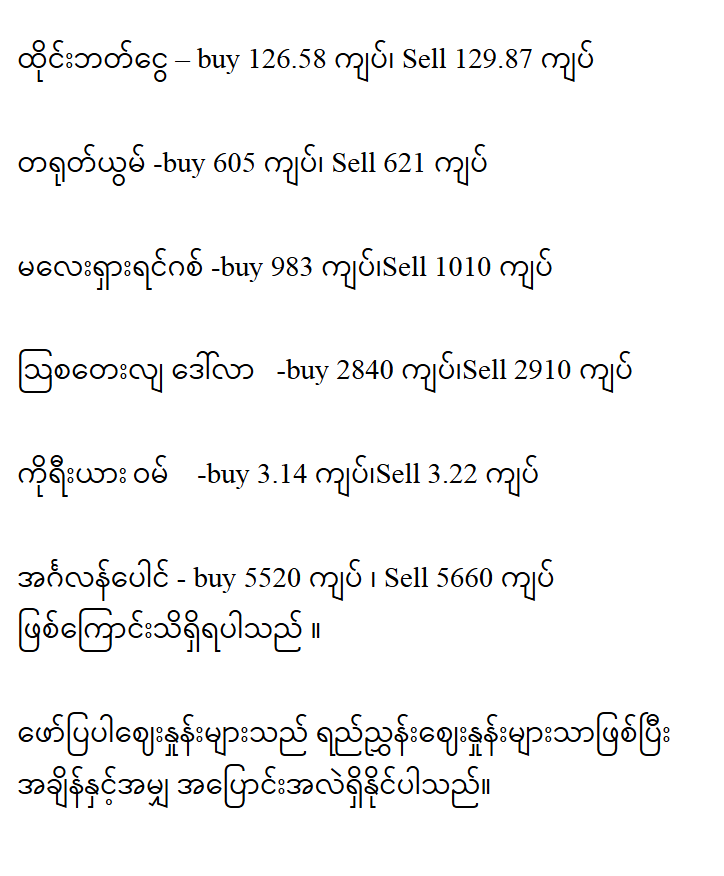
As the seasons change, so do your electricity needs. Whether it’s twiddling up the air exertion in summer or turning on the heater in downtime, shifts in temperature, daylight, and rainfall can significantly impact your energy consumption. Understanding these patterns can help you manage your electricity operation more effectively and save on costs throughout the time.
How Each Season Impacts Electricity operation
1. Summer High Cooling Costs
Summer is synonymous with increased electricity bills due to the heavy use of air exertion. High temperatures lead to longer operating hours for cooling systems, which are among the most energy- ferocious appliances.
Other Summer Energy Drains
Pool pumps and out-of-door lighting.
Increased use of suckers and refrigerators due to advanced temperatures.
2. Winter Heating Demands Soar
In colder months, electricity operation harpoons due to heating conditions. Electric heaters, space heaters, and water heaters are major contributors. Homes with poor sequestration see indeed advanced energy operation as heat escapes, taking constant reheating.
Other Winter Energy Drains
Holiday lights and decorations.
Increased inner lighting due to shorter days.
3. Spring and Fall Transition Periods
Spring and fall are generally milder seasons, offering openings to reduce electricity operation. still, changeable rainfall patterns might still prompt occasional use of heating or cooling systems.
Energy Drains in Transition Seasons
HVAC systems running intermittently.
Increased out-of-door conditioning leading to advanced appliance operation, similar as electric grills or out-of-door lighting.
Why Seasonal Changes Affect Energy operation
Temperature Extremes
Heating and cooling systems work harder to maintain comfortable inner temperatures, significantly affecting your electricity operation.
Daylight Hours
Shorter days in downtime mean further use of artificial lighting, while longer days in summer might reduce inner lighting needs but increase out-of-door lighting use.
life Changes
People tend to stay outdoors more during extreme rainfall, leading to advanced operation of appliances, electronics, and entertainment systems.
Tips to Manage Electricity operation Throughout the Year
Summer Tips
Use a Programmable Thermostat Set your AC to a advanced temperature when you’re not home.
Seal Gaps help cool air from escaping by sealing doors and windows.
Install Ceiling suckers Circulate air efficiently to reduce reliance on air exertion.
Winter Tips
Upgrade Insulation Keep warm air inside to reduce heating demands.
Lower Water Heater Temperature Set it to 120 °F to save energy without immolating comfort.
Use Space Heaters Wisely Only heat enthralled apartments, and avoid running space heaters all night.
Spring and Fall Tips
Embrace Natural Ventilation Open windows to maintain comfortable inner temperatures without using HVAC systems.
Switch to LED Lighting Take advantage of longer daylight hours by reducing artificial light operation.
Service Your HVAC System insure it’s clean and running efficiently before heavy operation in summer or downtime.
General Year- Round Energy- Saving Tips
Conduct Energy Audits Identify inefficiencies and make advancements.
Upgrade Appliances Invest in ENERGY STAR- certified models for long- term savings.
Use Smart Technology Smart thermostats and energy observers can help track and optimize operation.
Educate Your Household Encourage everyone to borrow energy- saving habits.
Conclusion
Seasonal changes are necessary, but their impact on your electricity operation does n’t have to be extreme. By understanding how each season influences your energy requirements and taking visionary measures, you can keep your electricity bills under control while staying comfortable time- round.
What’s your favorite seasonal energy- saving tip? Partake it in the commentary and help others manage their operation more effectively!